As parents, we tend to worry so much about our kids’ bath time, especially when they’re still so young. If your baby swallowed bath water, of course you should be worried, but to what extent?
As a mother of three kids all under the age of five, I can relate to the constant worries of bath time (especially with the first child). I know the feeling of being afraid of bathing your child and everything else that goes along with it.
But, I can tell you, many of the things you worry about aren’t (at all) as bad as you think they are. And that’s why I’m here — to ease your mind and help you understand if you should be worried that your baby swallowed bath water.
Is It OK if My Baby Swallowed Bath Water?
If your baby swallowed bath water, it usually isn’t that bad or that big of a concern. Even if your baby cries right after they swallow bath water, it could just be from shock. However, there are a few things to look out for to make sure your baby is okay after swallowing bath water.
How Much Bath Water Did Baby Swallow?
If your baby swallows a significant amount of water, they may just spit it up or burp. Spitting up after your baby swallows bath water is completely normal, especially for babies under 6 months of age.
This is because babies under 6 months should not drink water. It upsets their stomach and may cause water intoxication. Though, accidentally swallowing a small amount of water is no cause for concern.
However, if the water was soapy, you might have a reason to feel a little bit more worried.
Which takes us to our next question…
Has Baby Swallowed Soapy Water?
Some shampoos contain toxic ingredients that are harmful when ingested. However, your baby would have to swallow a lot, about a mouth full of it, for it to harm them.
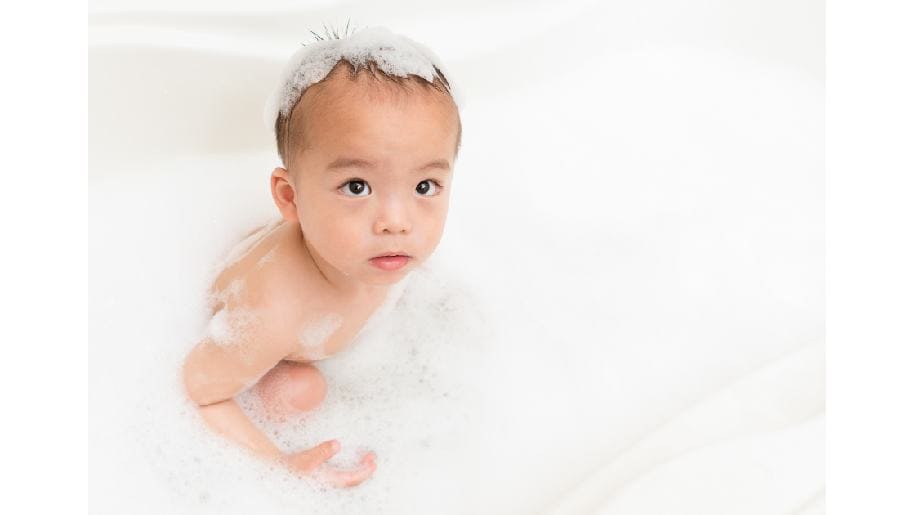
Regular shampoo for adults contains surfactants which go by the name lauryl sulfate or laureth sulfate. These ingredients help lather your hair, and they are toxic.
It’s always best for you to use organic baby shampoo or non-toxic soap while bathing your baby. Most Baby shampoos are made with non-toxic ingredients that won’t harm your baby if ingested. Here are few of the most trusted brands of non-toxic baby shampoo:
- Puracy Natural Shampoo & Body Wash is made with natural products, is tear-free and is wonderful for sensitive baby skin.
- The Honest Company Perfectly Gentle Shampoo and Body Wash is a tear-free shampoo with naturally derived ingredients, and it smells like vanilla and oranges.
Any Symptoms After Baby Swallowed Bath Water?
The only time to be worried about your baby swallowing bath water is if they’re showing any unusual symptoms. If they ingested toxins from shampoo or body wash, and you aren’t sure about their well-being, contact the poison control center. You can call them at 1-800-222-1222, or you can chat with them online.
Some symptoms to look out for if your child swallowed bath water, include:
- Minor upset stomach
- Possible vomiting (if large amounts are swallowed)
Should I Be Concerned About Dry Drowning?
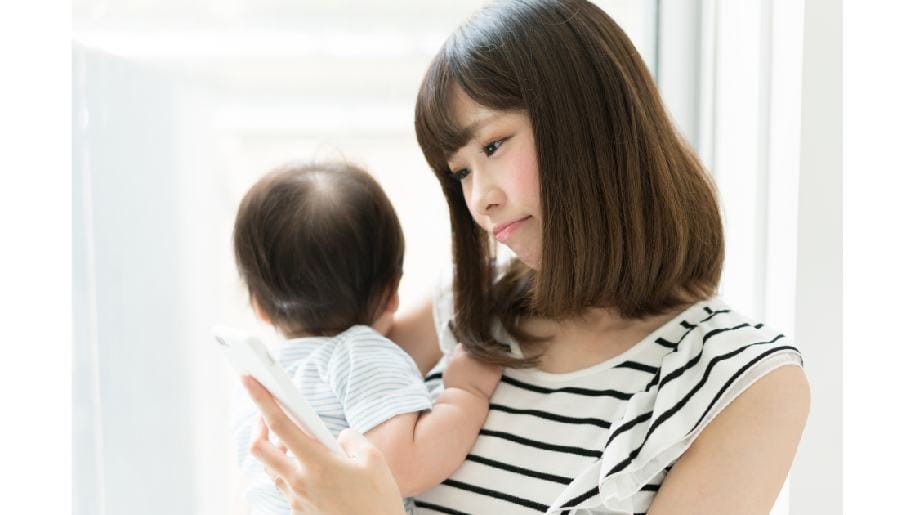
If your baby swallowed bath water, you probably don’t need to worry about dry drowning. Unless your child’s head was submerged under water, you really shouldn’t worry yourself over dry drowning.
You should know that dry drowning comes with serious symptoms that show up almost immediately and get worse in a matter of time. These symptoms include:
- Difficulty breathing or very rapid breathing
- Fatigue
- Blue skin
- Coughing
- Unconsciousness
- Choking or gagging
- Chest moving inward while struggling to breathe
If you feel that your child’s behavior is not normal, or that they may be feeling unwell after swallowing bath water, call a doctor, or take them to the emergency room.
What is Dry Drowning?
Dry drowning occurs when water gets into the lungs. This condition is very rare, and usually only happens when someone survives after actually drowning in water.
Dry drowning does not occur when a baby swallows bath water. Dry drowning can happen if a baby inhaled bath water through the nose or mouth. If your baby swallowed bath water then burped, you can be sure that the water went to their stomach and not their lungs.
What is Secondary Drowning?
Secondary drowning, or delayed drowning, is when the lungs become inflamed. Secondary drowning happens hours or even days after inhaling water.
But, just like with dry drowning, you will see the symptoms of secondary drowning right away. The symptoms of secondary drowning are very similar to dry drowning.
- Coughing that won’t stop
- Lethargy
- Vomiting
- Choking
- Difficulty breathing
Keep in mind that accidentally swallowing water will not cause secondary nor dry drowning. A child’s head has to be completely under the water for these conditions to even be considered.
Again, if you have any concerns about your child’s well-being, call 911 or seek emergency medical care.
Prevent Your Baby From Swallowing bath water
Save yourself the worry by preventing your baby from swallowing any bath water. These tips will help you make sure you never have to deal with an incident like this one. Prepare for bath time and enjoy those baby bath moments with your child.
Gather All Your Bath Supplies
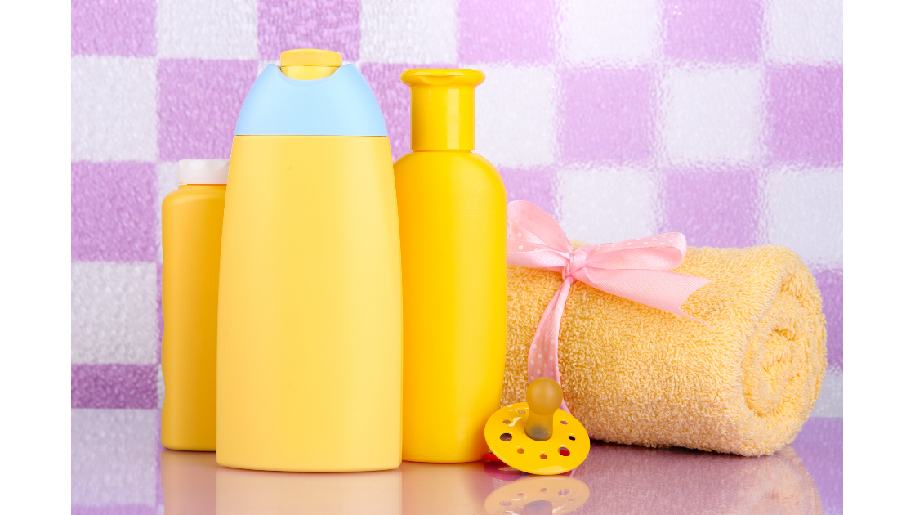
Before you even bring your baby into the bath, be sure to have all your baby bath supplies ready. Having all your supplies ready will prevent you from turning away from your baby to grab something you forgot.
We all know how easy it is for babies to slip out of your grip. Have all your supplies beside you so that you can focus on holding your baby as tightly as possible.
Purchase squirt top soaps to make it easier for you to clean your baby with one hand. Also remember to keep the towel close to you so you can grab it, and wrap it around your little one, once you’re done.
Never Leave Your Baby Alone in the Bath
You should always be beside your baby when they’re in the bathtub. Never leave them alone. Even if they’re capable of sitting up, you should always keep your eyes on them while in the bathtub.
If you forget something, have someone come into the bathroom to watch your baby while you go and grab it. If no one’s there with you, pick your baby up out of the water and take them with you to get what you need. You’re always better safe than sorry.
Set a Bath Mat Down
If you’re bathing your child in the regular bathroom bathtub, be sure to have a bath mat laid down on the bottom of it. Even if you’re using a baby bathtub, having a bath mat will reduce the chance of your baby slipping into the water, or hitting the edge of the tub.
Bath mats use strong suction cups to stick to the bathtub floor. Your baby will not be able to take the mat off or move it in any way. Some baby bathtubs have rough surfaces to keep your baby in place, but it may not be sturdy enough.
Likewise, putting a towel down underneath your baby is not a good idea either. The towel will surely move along with your child, and if your little one notices it, they will most likely grab it from right underneath them.
Purchase a Baby Bath Seat
If you want to be extra careful with your baby in the bath, you should definitely think about buying a bath seat. Baby bath seats have suction cups that stick to the sides of the tub.
They’re adjustable and can fit in almost every size bathtub. They look somewhat like a high chair, but without the legs. You place your baby’s legs inside the leg holes and they can hold on to the bar that keeps them seated.
Baby bath seats are the safest way to bathe your child because the seat keeps them put. Some even have a swivel option to turn your baby around.
Use a Baby Bath Cap/Visor
If you’re concerned about your baby swallowing bath water when you pour water over their head, you can always use a baby bath cap to shield their face from the water.
A baby bath cap, or baby bath visor, goes around their head to prevent soap and water from getting on your child’s face. Wash their hair and, when you pour the water, the baby visor allows the water and soap to flow down the back of their head.
A baby bath hat is also great if your little one hates when you pour water over their head. No more screaming or pushing your hands away.
Keep the Water Shallow
You probably want your baby to enjoy bath time by putting them in water up to their chest, but we need to be extra safe when our kids get near water.
The safest way to give your child a bath is by only filling the tub up with about an inch or two of water. They’ll still be able to enjoy the water and you’ll feel better knowing they can’t drown in it.
Put toys in your baby’s bath to allow them to enjoy bath time, and make sure the bathroom is warm enough for them to sit comfortably in the shallow water.
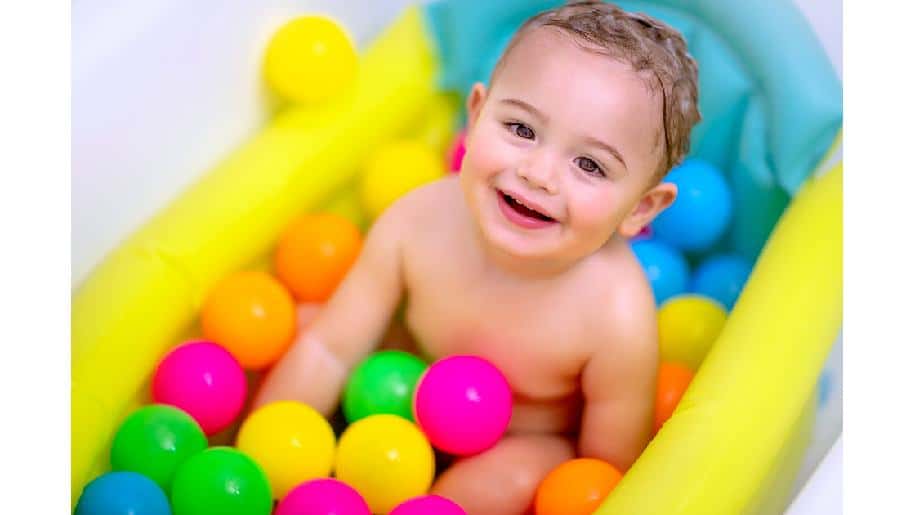
Try Out Baby Swimming Lessons
Baby swimming lessons get your baby used to water and help them learn how to react in situations where they slip under the water.
Something really amazing about babies is that they know how to hold their breath underwater. This is why teaching your baby to swim early is so effortless.
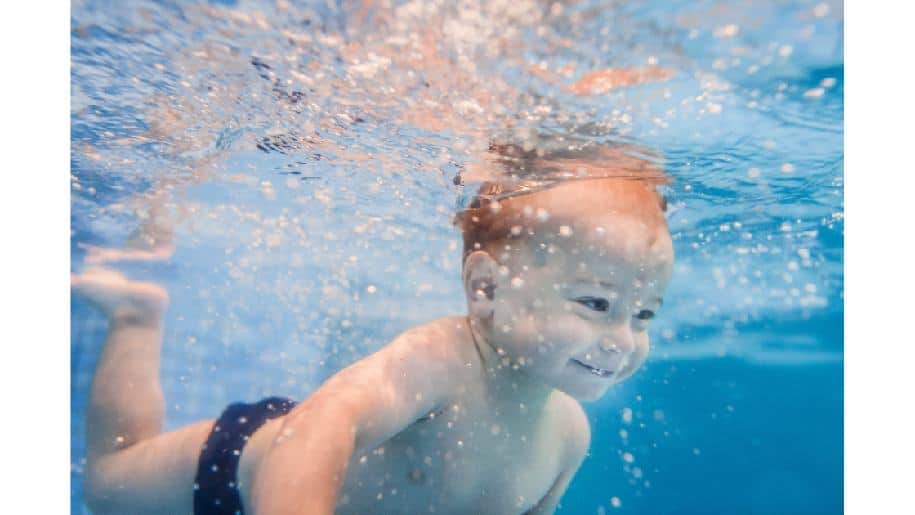
Teaching your baby how to swim may not reduce the chance of them swallowing bath water, but it will teach them what to do if they fall into water.
Takeaway
In most cases, if your baby swallowed bath water, they’re probably okay. You really shouldn’t worry yourself or blame yourself for a small accident. Trust me, there will be many more accidents and, most of the time, they’ll be out of your control.
The best thing to do is to prepare yourself and learn what to do in case of an emergency. Don’t worry! You are the child’s mother and you know what’s best for them.

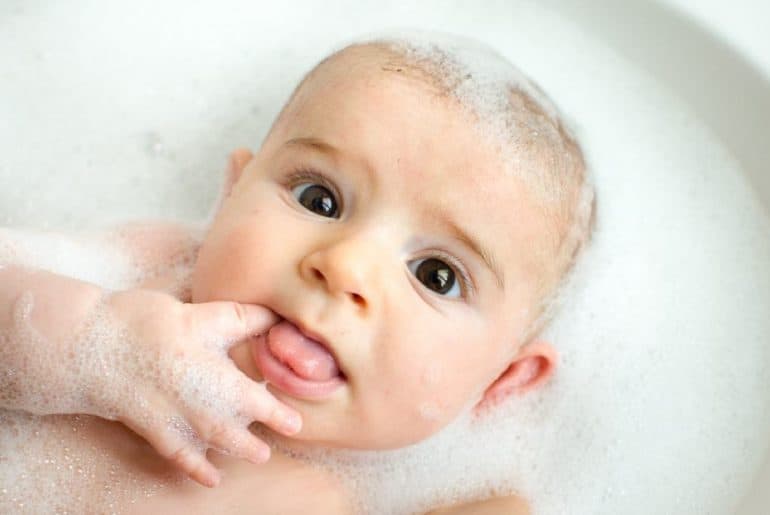
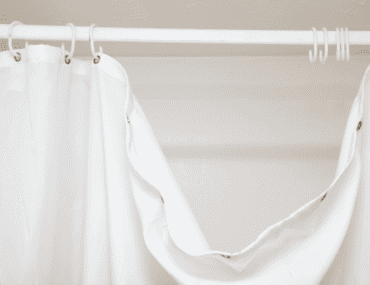
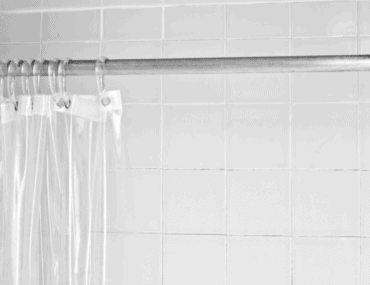

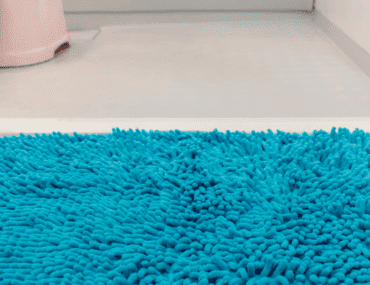
Comments are closed.